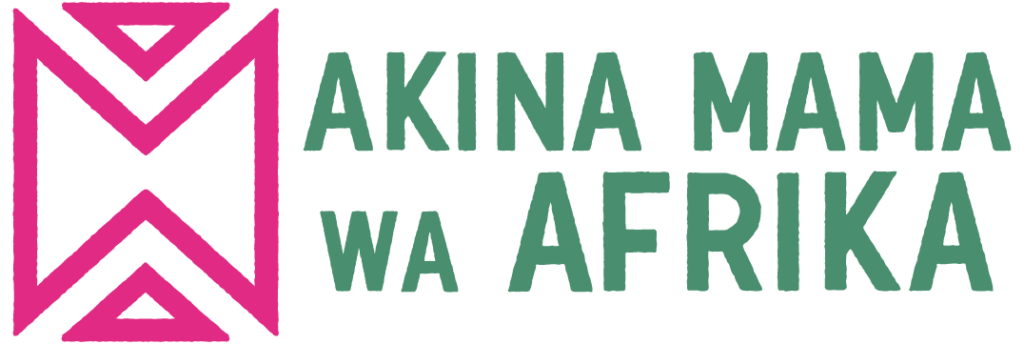
As the country continues to face sexual and reproductive health challenges, Akina Mama Wa Afrika continues to train stakeholders on the importance of creating more space for SRHR issues in the media.
AMwA has achieved this by training journalists, editors, and civil society organizations to present a unified voice on SRHR issues. This training includes framing narratives to ensure that SRHR stories are reported effectively and have a meaningful impact on communities.
During a media roundtable held at Fairway Hotel in Kampala on 09/08/2024, AMwA Executive Director Eunice Musiime revealed that SRHR issues are central to AMwA’s work. She explained that the organization is committed to ensuring people enjoy their SRHR, which is why they continue to highlight these issues.
According to research commissioned by the African Centre for Media Excellence (ACME) and conducted by AMwA, many journalists and editors covering SRHR-related issues focus their coverage around news events such as international days of commemoration. This focus may have affected the overall coverage of SRHR from January to June 2023.
This attracted AMwA towards a conversation to understand what is being said and what drives the conversation on SRHR in the country.
The SRHR Lead in AMwA Alabukunola Williams noted that from January to June 2023, a lot of stories were coming out about teenage pregnancies, but not more stories on adolescent health, which is alarming.Therefore expressed the need for such stories to be told so that they can be used to change people’s behaviour through creating awareness on SRHR.
Rachel Mugarura from African Centre for Media Excellency, who was the day’s moderator appreciated editors for doing their best to use the little resources that they have to produce SRHR stories. But expressed dissatisfaction over the way SRHR stories don’t take headlines in media as compared to political stories.
One of the editors who attended the round table, Ester Wamala, from Cbs FM radio revealed that SRHR stories are sometimes affected by the media house culture and policy citing Cbs fm which doesn’t broadcast stories that violates Buganda Kingdom culture irrespective of whether it is of human importance or not.
Among the issues that limit writing and producing SRHR stories in different media outlets as presented by other editors in the dialogue include, community journalists who misinform the public, survivors who don’t open up due to the fear for stigmatisation, some media houses give more airtime to government officials compared to survivors, some media houses are faith based therefore cant write stories that are against their religions among other issues.
However, civil society organisations that were part of the round table agreed to work with editors to give more coverage to issues concerning SRHR so that more voices can be heard.
This round table was organised by AMwA together with Acme, Network for health journalists being led by their President Ester Nakkazi.






